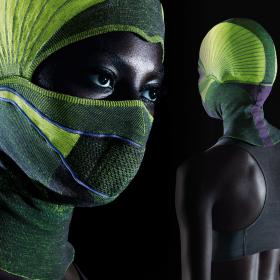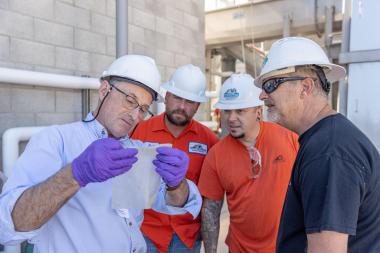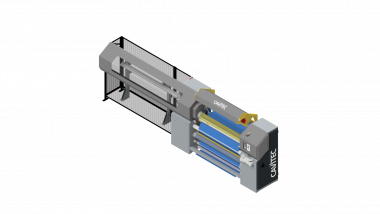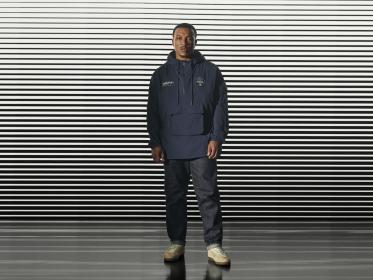Collaboration between Archroma and DMIx
Archroma and ColorDigital GmbH, a company in textile supply chain digitalization, are joining forces to bring the library of engineered color standards to the DMIx ecosystem of fashion brands and suppliers.
All 5,760 color references in the Color Atlas by Archroma® will be integrated into ColorDigital’s DMIx interactive collaboration platform, enabling brands to embrace almost unlimited color creativity with an assurance of color precision. Based on digital twin technology, the DMIx solution ensures that color choices are aligned across design, sourcing and production, reducing sampling costs and collection development time as well as improving color accuracy and end-product quality. DMIx marks a significant step forward in enhancing color management processes for both digital product creation (DPC) and physical production.
Sustainability is an essential factor for both Archroma and DMIx. Colors in the Archroma Color Atlas are formulated to comply with leading eco-standards while also delivering consistent and accurate color reproduction. This complements the DMIx ImpAct approach, which provides data on the environmental impact of raw materials to enable brands to select inputs that meet their sustainability targets.
A new feature on the DMIx platform is DMIx eXcite, an inspirational material and color-trend hub that uses interactive moodboards to share new color and material scenarios ahead of each season. Designers and colorists will be able to directly use colors presented in the eXcite trend reports, including colors from the Color Atlas by Archroma®, across the DMIx color and 3D technology tools.
Archroma































